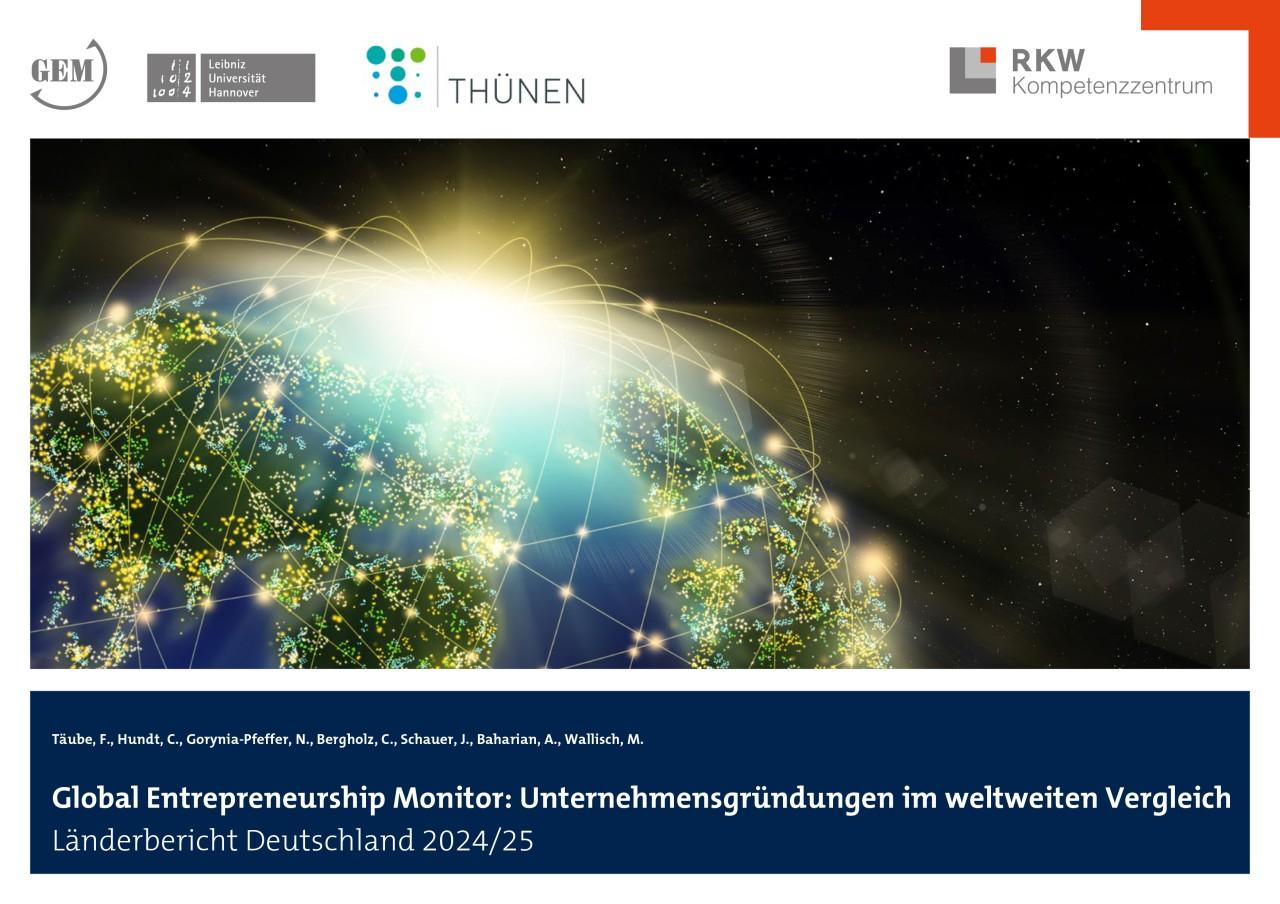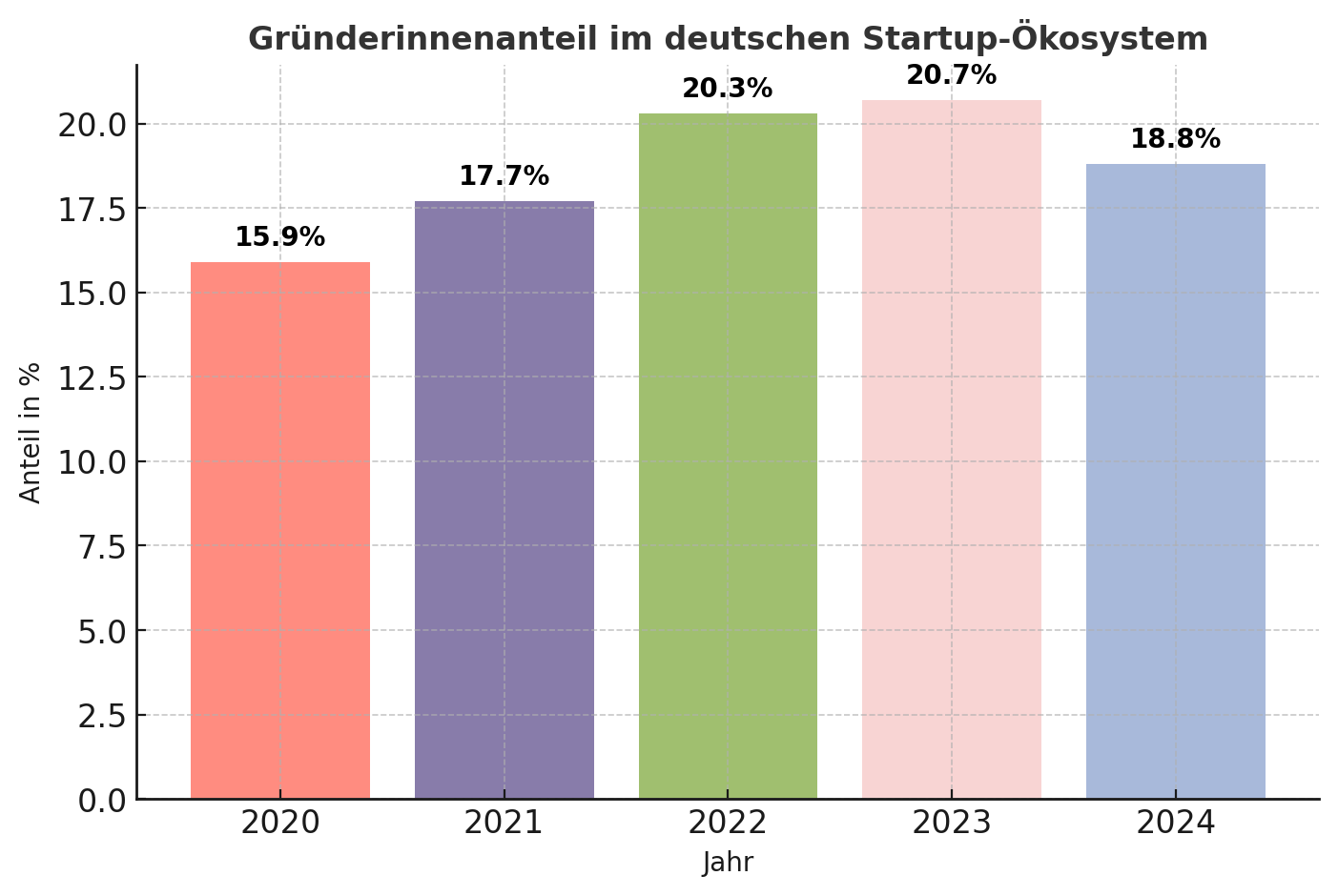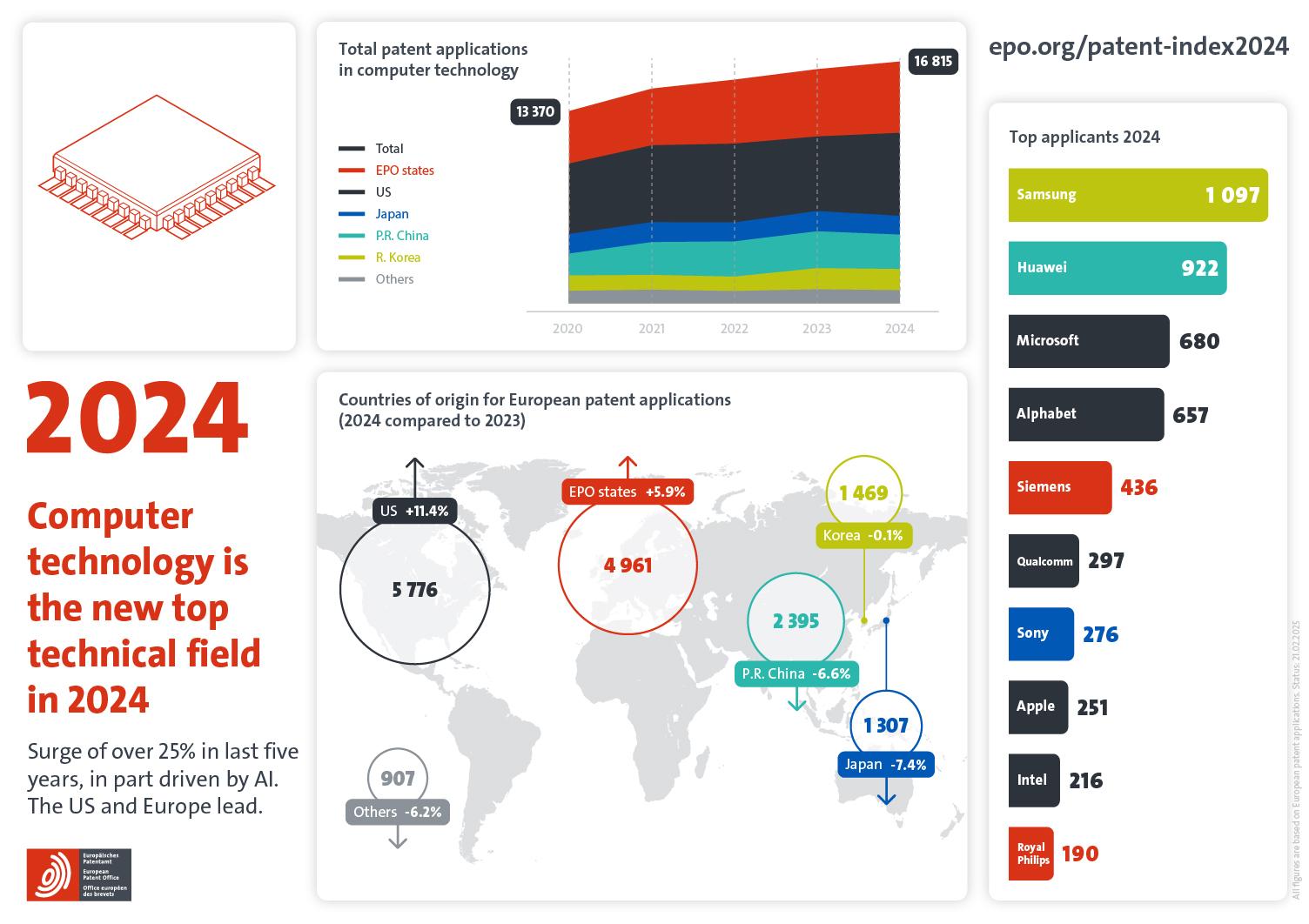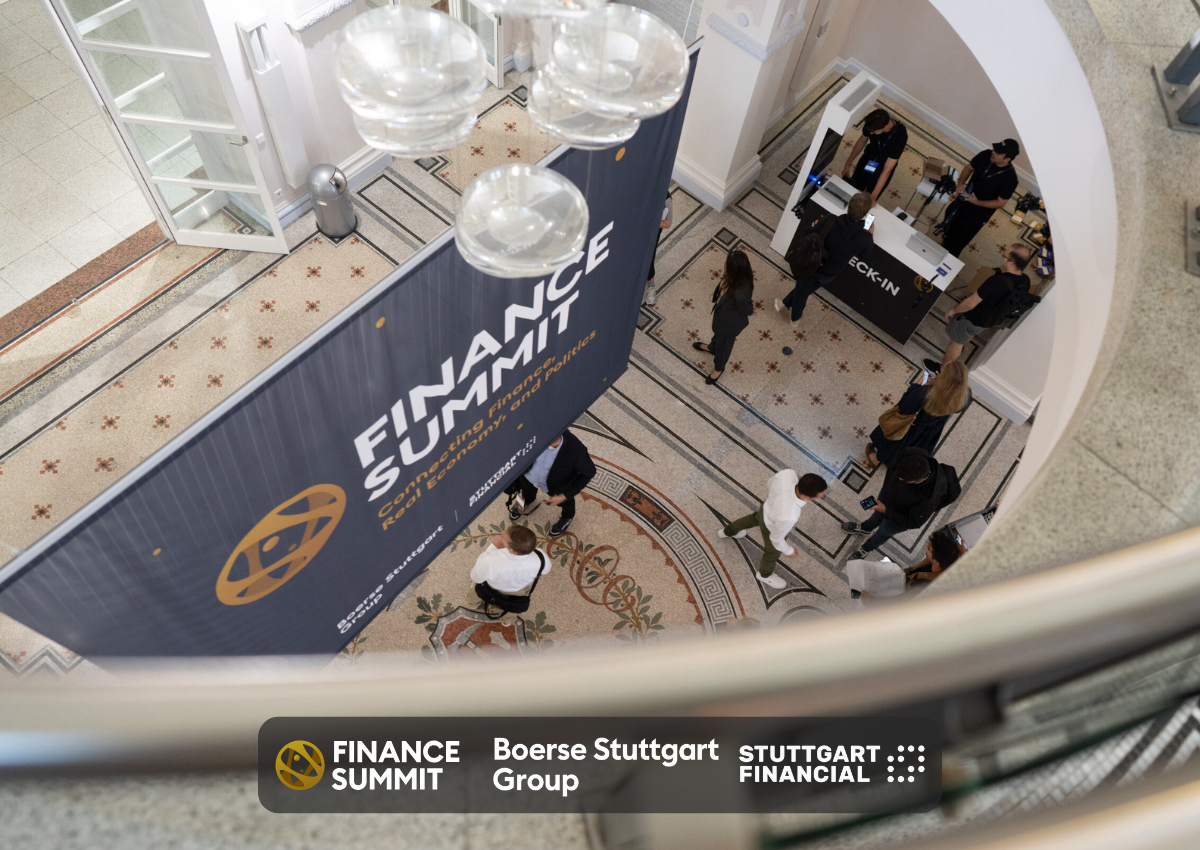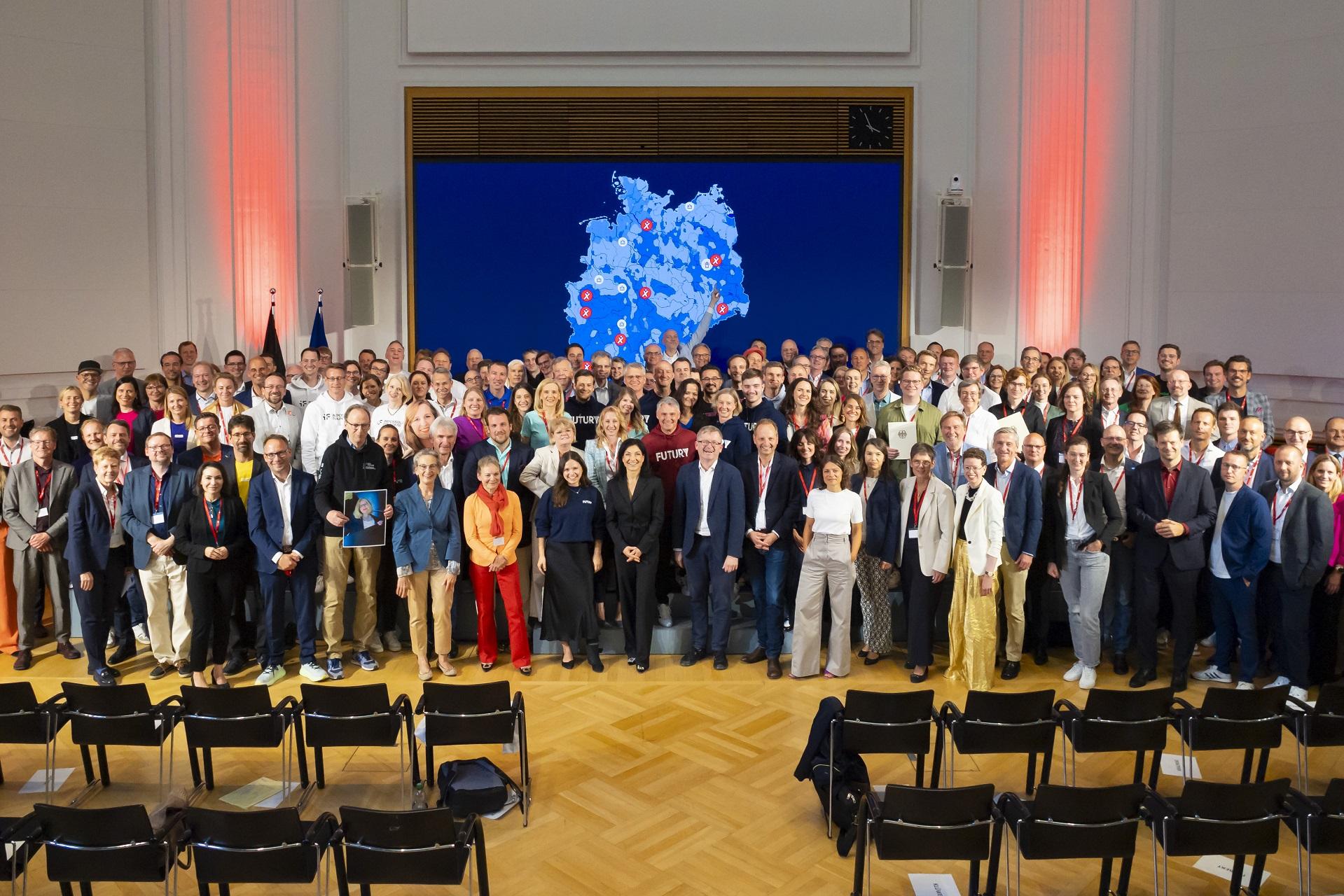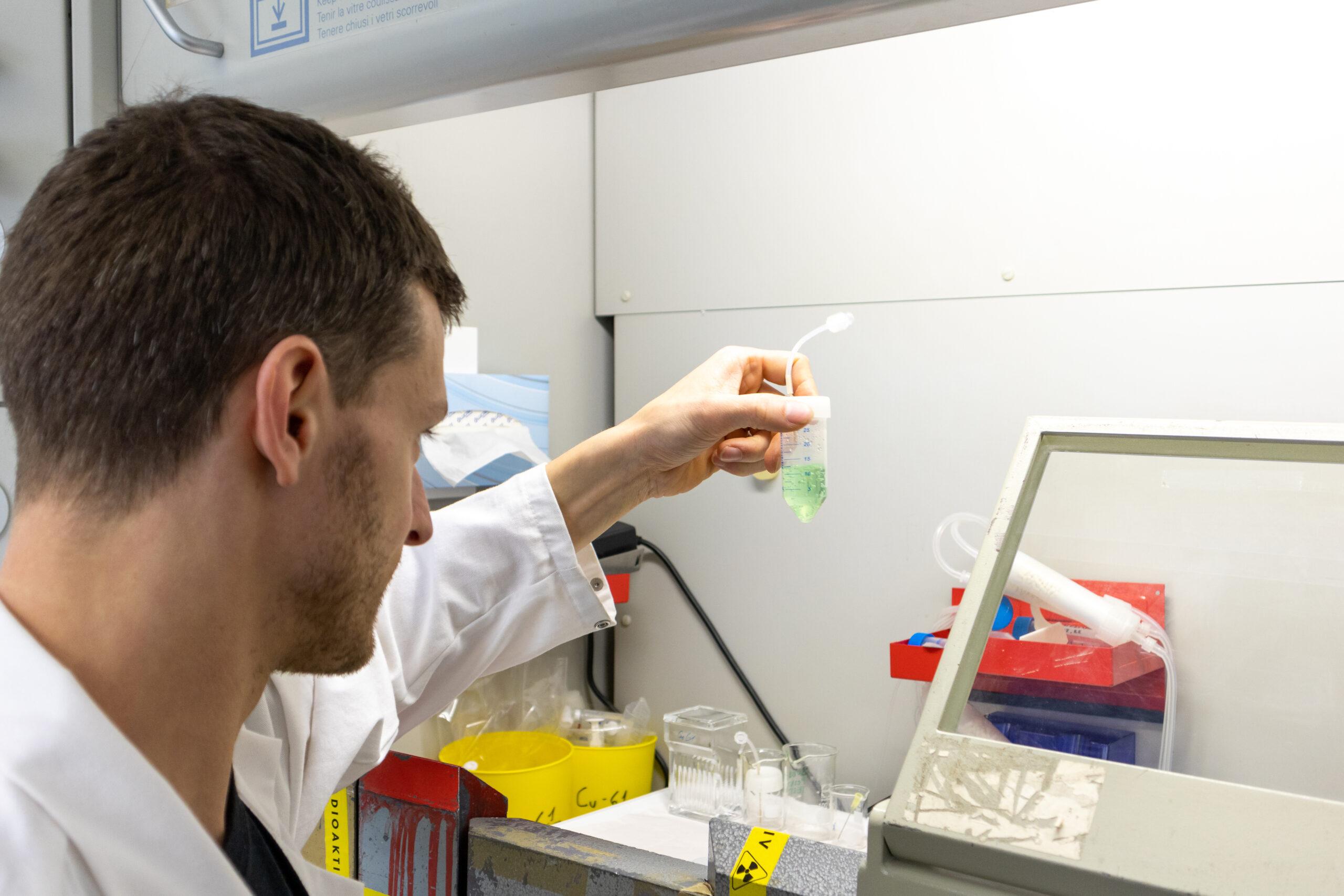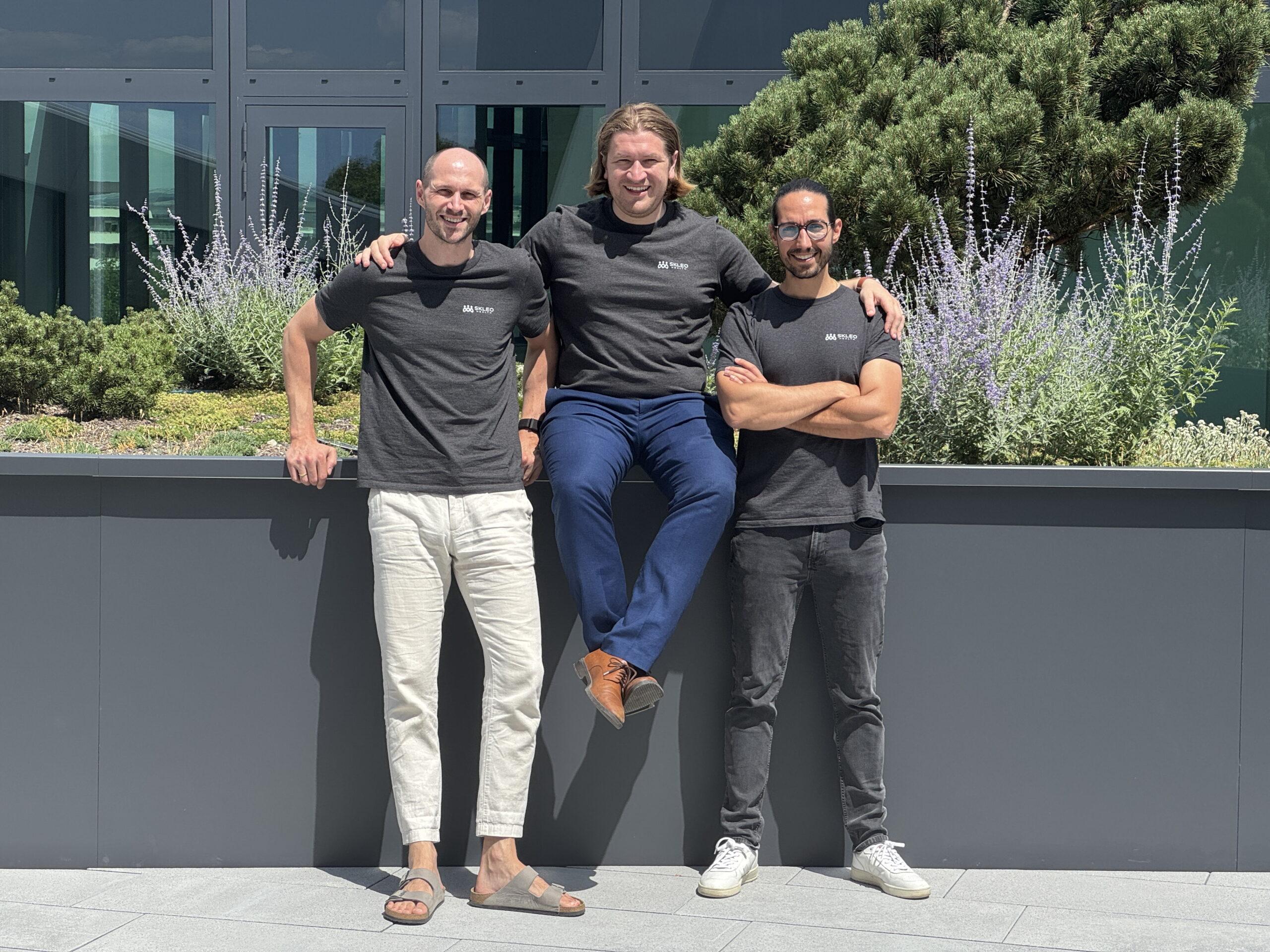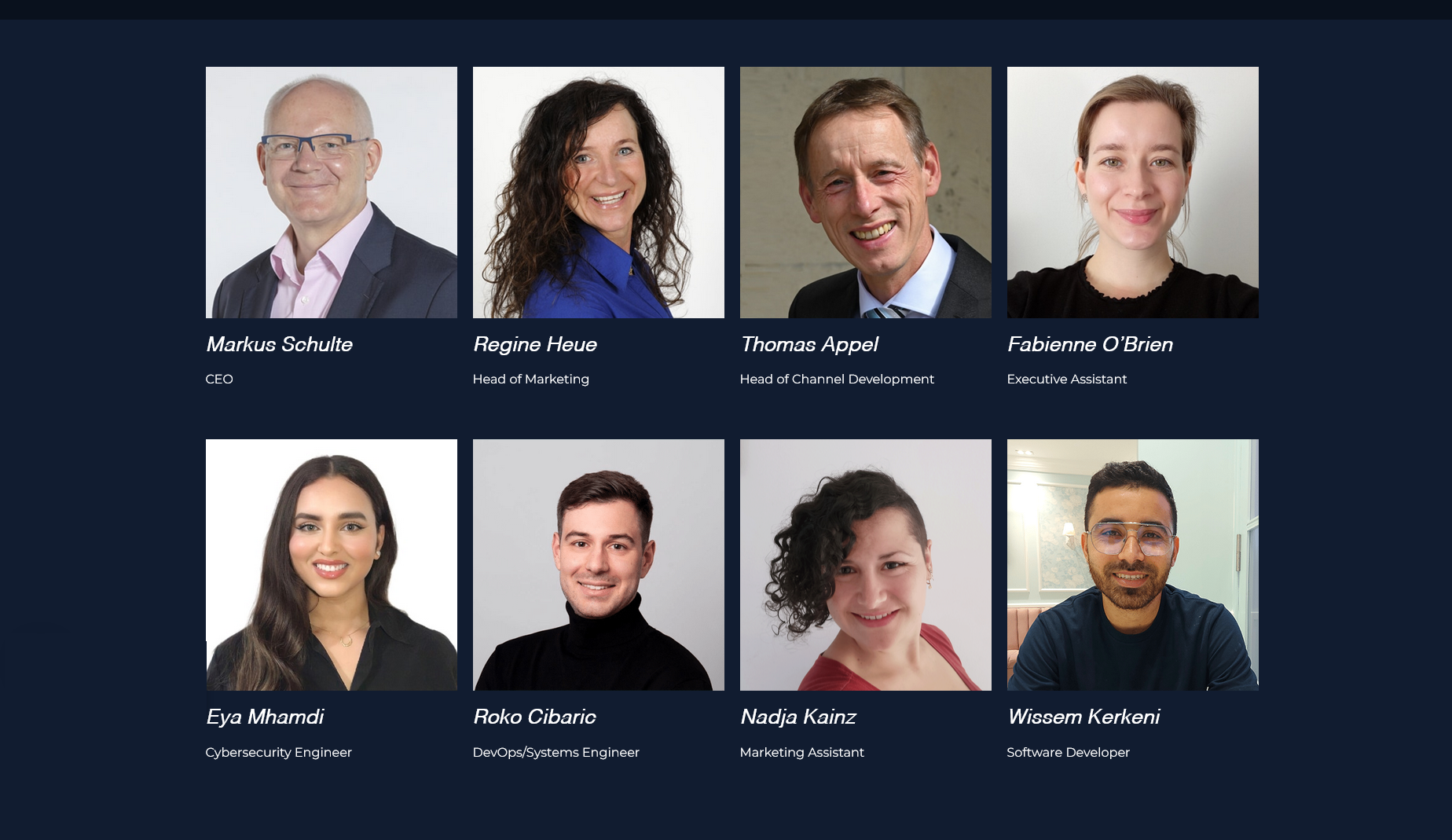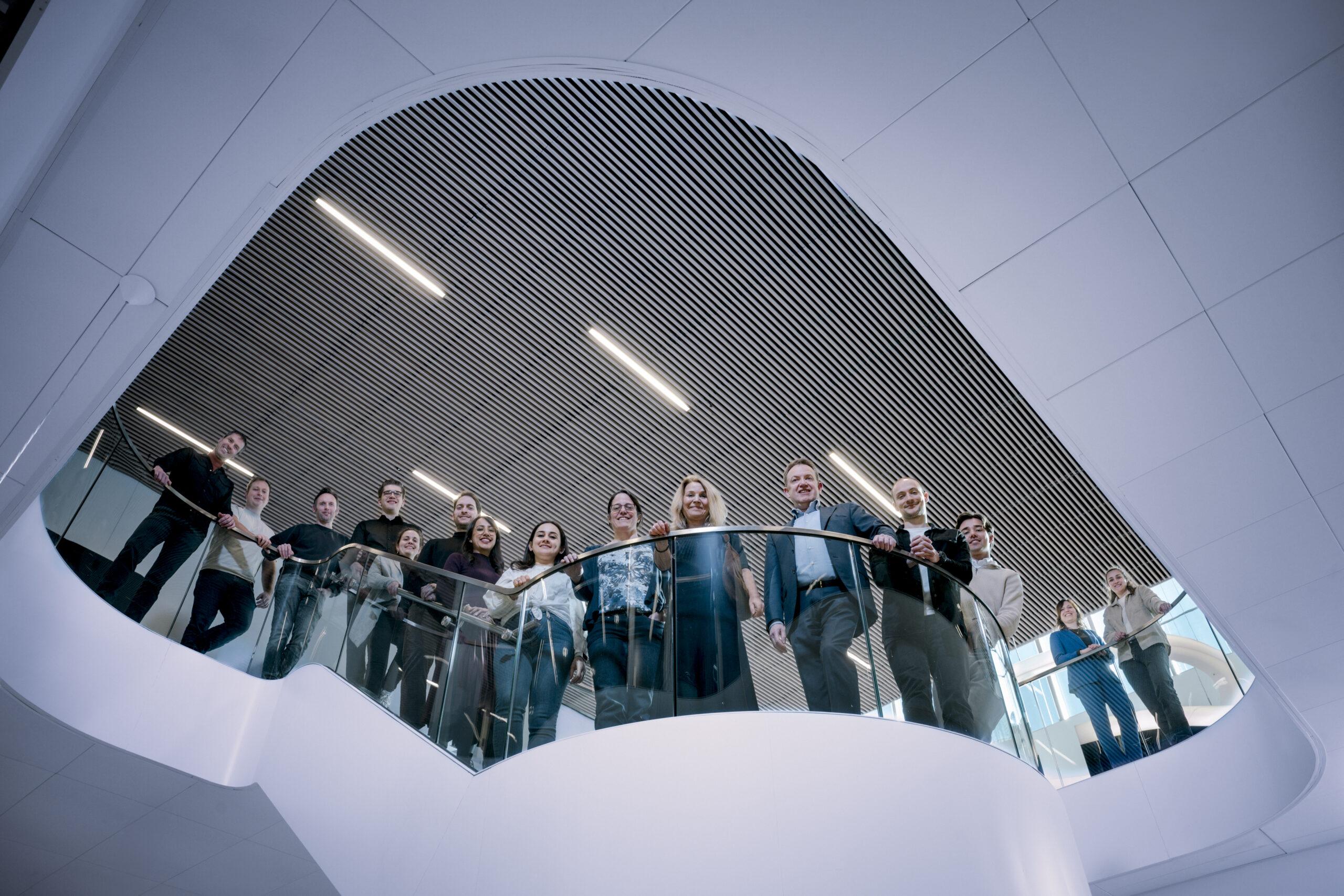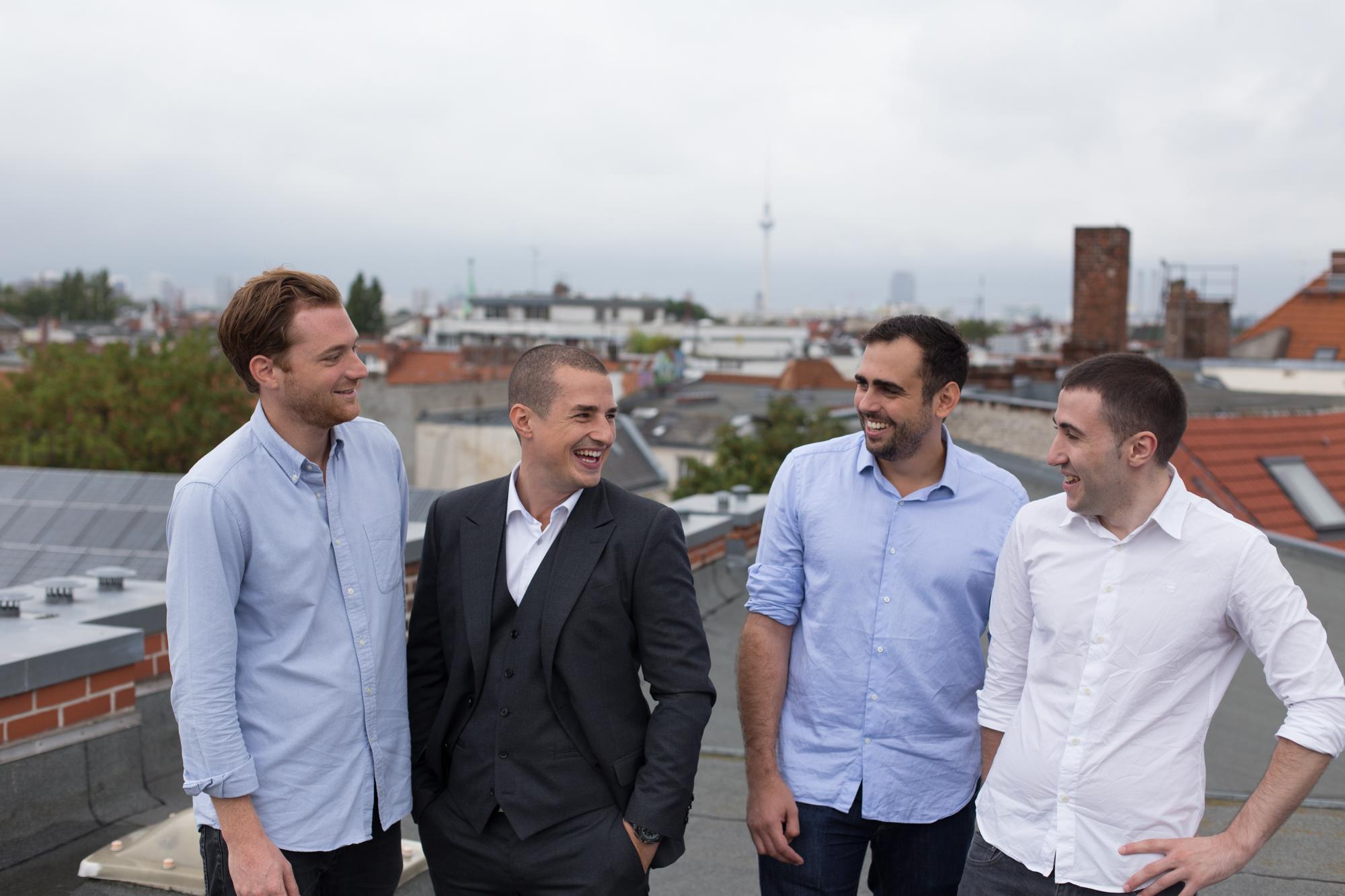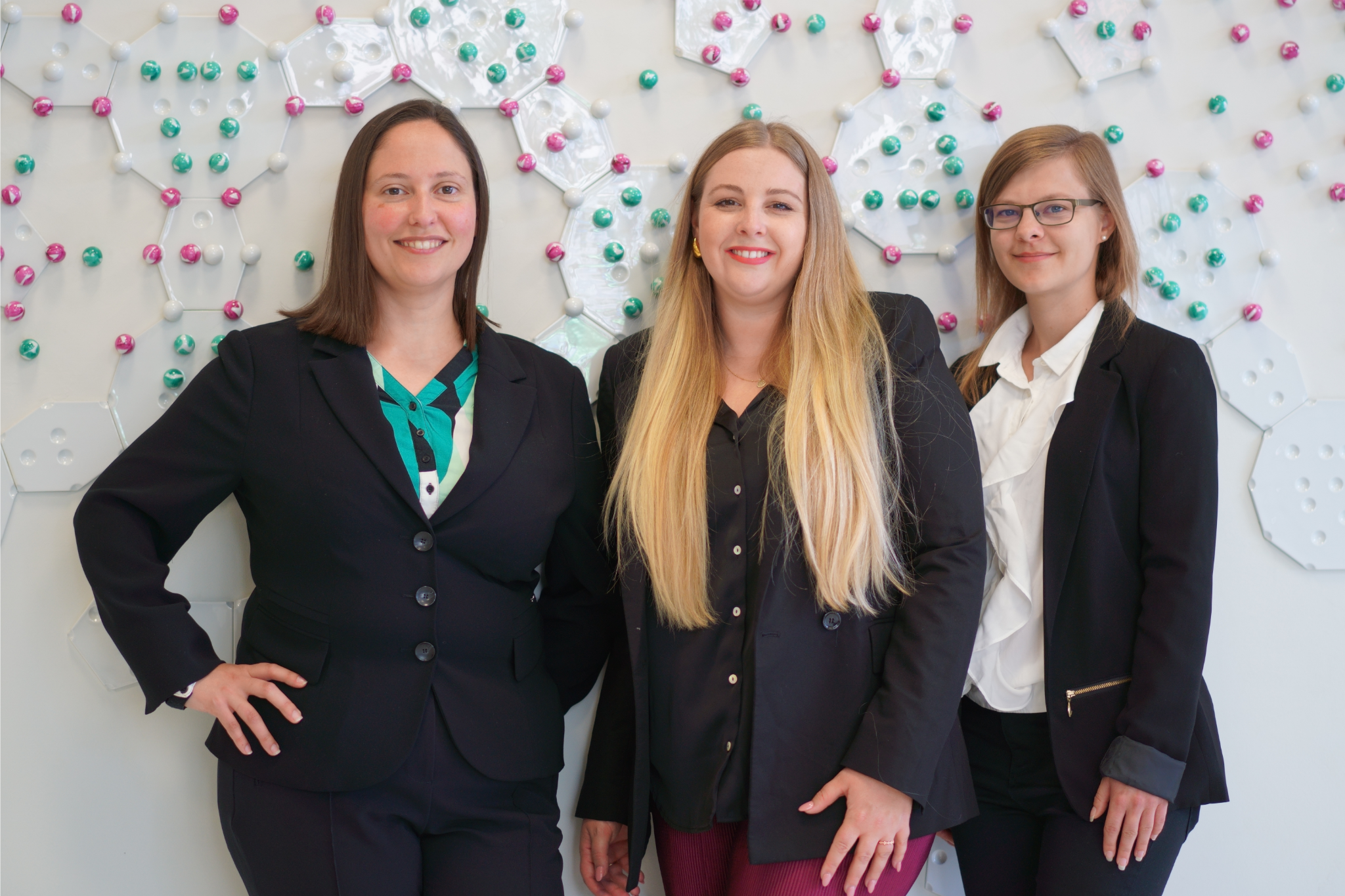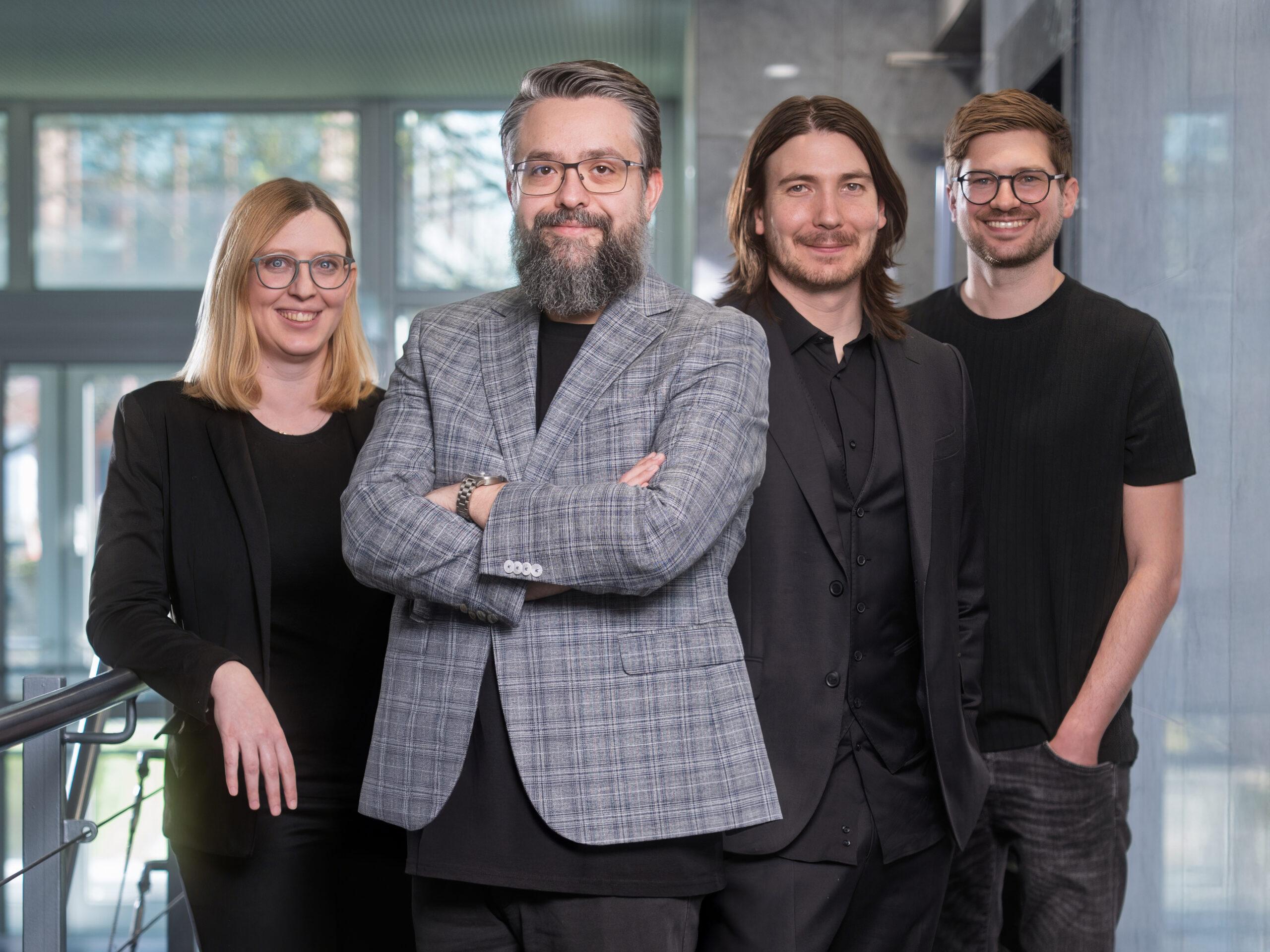OWL Startup Monitor 2024

After a difficult year in 2023, the startup scene in Ostwestfalen-Lippe is picking up speed again. With a 28% increase in new start-ups, the region is showing its strengths.
Bielefeld/Berlin, November 27, 2024 - East Westphalia-Lippe (OWL) proves that innovative founders can also provide decisive impetus for the economy outside the big cities. Since 2019, 222 new start-ups have been created here. Despite a difficult year in 2023, the start-up momentum in 2024 shows a clear upward trend: the number of start-ups rose by 28%. The Founders Foundation and the Startup Association have analyzed the strengths, challenges and potential of the region in their fourth OWL Startup Monitor.
Times of crisis are start-up times. The best business ideas often emerge in difficult phases - OWL shows how resilient and innovative a region can be.
Verena Pausder, Chairwoman of the Startup Association
Upturn in start-up activity after a challenging year
The economic environment remains tense: Only 34% of startups in OWL rate their business situation as good, a decrease of 10 percentage points compared to the previous year. Nevertheless, the region is proving resilient: Following the slump in 2023, the number of startups increased by an impressive 28% in 2024. However, many start-ups in OWL are reaching their limits when it comes to scaling up. Only 14% of startups employ ten or more people - significantly less than the national average of 25%.
Financing remains the biggest hurdle
A key obstacle to growth is access to external capital:
- Only 27% of OWL startups have external investors, which is 13 percentage points less than the national average.
- 81% of founders finance their companies from their own savings.
Above all, founders would like to see more angel investors (48%), strategic investors (26%) and access to venture capital (19%). Dominik Gross, Managing Director of the Founders Foundation, calls for: "We need to mobilize more investors for German start-ups in order to remain competitive. Access to venture capital is the number one challenge."
Start-ups as a source of inspiration for established companies
The symbiosis between SMEs and startups is one of the region's strengths in OWL:
- 67% of startups rate the opportunities for cooperation with established companies as good to very good (nationwide: 38%).
- The region is particularly strong in sectors such as software (23%, nationwide 18%) and industrial solutions (8%, nationwide 5%).
This cluster formation promotes close cooperation and contributes to OWL's growing importance as a location for innovation.
Universities as drivers of innovation
The universities in the region play a key role. 76% of start-ups have received support from universities, and 83% rate this as positive. 93% of founders value the proximity to universities as a strength of the region - a figure that significantly exceeds the national average of 81%. The strong involvement of universities enables early contact with entrepreneurship and strengthens the region's innovative power.
The foundations for successful entrepreneurship are laid in the education system. Early contact with innovation and learning about entrepreneurship are crucial.
Dominik Gross, Managing Director of the Founders Foundation
For 74% of founders in OWL, the desire to start a business arises before they start their career. This underlines the importance of promoting entrepreneurial thinking early on in the education system.
Networks: the backbone of the startup ecosystem
The startup ecosystem in OWL scores highly thanks to its strong networks:
- 93% of founders rate regional networking as (very) good (nationwide: 71%).
- Contact with other founders is seen as central to accessing customers and investors.
At the same time, it is clear that supra-regional networking should be further expanded in order to make OWL start-ups more visible nationally and internationally.
Underrepresentation of female founders and capital gap
The low participation of women remains a weak point in the OWL ecosystem: Only 15% of startups in the region are founded by women. Female founders are particularly underrepresented when it comes to investment. The capital gap is another challenge: while there is greater access to debt capital throughout Germany, founders in OWL have to rely more frequently on their own funds, which limits their growth potential.
A strong startup ecosystem with challenges
OWL is an impressive example of how startup ecosystems can also grow successfully outside the major metropolitan areas. The combination of a strong SME sector, proximity to universities and regional networks offers ideal conditions for innovation. However, the region still faces challenges: Access to capital must be improved, the proportion of female founders must be increased and supra-regional networking must be expanded. The dynamic development in OWL makes it clear that the regions in particular can play a key role in securing the future of the German economy - provided that the framework conditions are right.

Newsletter
Startups, stories and stats from the German startup ecosystem straight to your inbox. Subscribe with 2 clicks. Noice.
LinkedIn ConnectFYI: English edition available
Hello my friend, have you been stranded on the German edition of Startbase? At least your browser tells us, that you do not speak German - so maybe you would like to switch to the English edition instead?
FYI: Deutsche Edition verfügbar
Hallo mein Freund, du befindest dich auf der Englischen Edition der Startbase und laut deinem Browser sprichst du eigentlich auch Deutsch. Magst du die Sprache wechseln?


